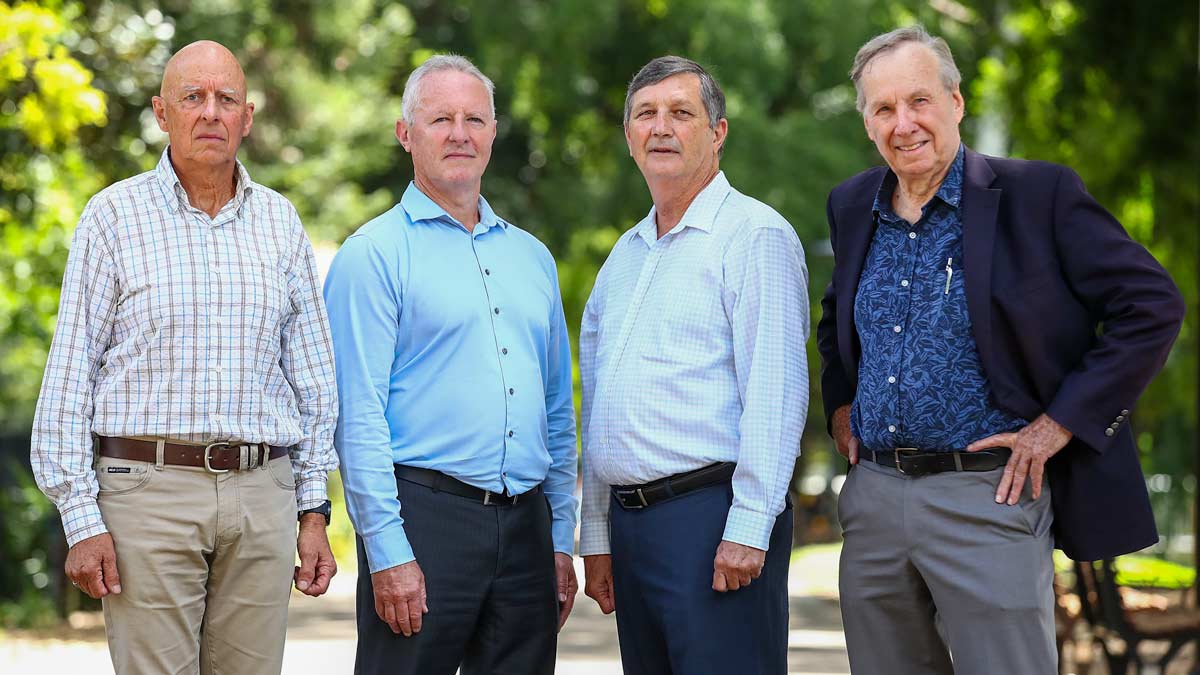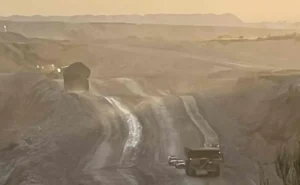Dozens of Australia’s high ranking emergency services leaders have called out the Morrison Government for its failures to prepare for the impacts of climate change and continued failures to address Australia’s contributions to greenhouse gas emissions.
The group of 37 former fire and emergency service chiefs issued a joint call under the Emergency Leaders for Climate Action collective, saying the Morrison government had been warned of the potential for major flooding events during 2022, but it failed to take any actions to prepare for their impacts.
One of Australia’s longest-serving fire chiefs, former commissioner of Fire & Rescue NSW Greg Mullins, says it is clear the Morrison Government has consistently failed to heed the advice of experts on climate change and the need for better preparation to respond to the growing threat of floods, droughts, and bushfires.
“Time and again this government fails to listen to expert advice. There are 80 recommendations of the Royal Commission into National Natural Disaster Arrangements gathering dust,” Mullins said.
“The Government has failed to implement them. Our elected leaders in Canberra are failing communities right around the country impacted by this disaster, and the thousands of emergency service volunteers and professionals who willingly place their own lives in danger by responding to increasingly frequent and dangerous climate-fuelled disasters.”
“Those of us who do hold hoses know just how dangerous climate change has become. Australia is under-prepared, and Canberra has no answers to how it will rapidly slash emissions this decade.”
Throughout February and March, communities across both New South Wales and Queensland have been devastated by unprecedented levels of flooding that have destroyed properties and claimed the lives of at least 22 people.
Many communities found themselves isolated during the peak of the flooding events and were left largely to fend for themselves – including undertaking their own rescues from rising floodwaters – when emergency service responses were found lacking.
Climate scientists have warned that increased global warming will likely lead to the increased frequency and severity of extreme climate events like floods and bushfires and that urgent action to reduce greenhouse gas emissions is needed to minimise the risk.
Prime minister Scott Morrison has been reluctant to accept the urgency of the climate crisis, instead backing the continued expansion of Australia’s coal and gas industries, exacerbating global warming.
This stance has evidently flowed through to the Morrison government’s failure to prepare for the resulting impacts of climate change, and its failure to respond to the flooding emergency once it was evident that thousands of homes and businesses were likely to be devastated.
An emergency declaration by the Morrison government came so late that it had to omit Queensland, as by the time the government was ready to issue the declaration, the worst of the flooding threat in the state had already subsided.
Former commissioner and ACT Emergency Services Authority, major general Peter Dunn, said the flooding wasn’t the first time in recent years that communities were left isolated during a climate change-fuelled disaster, citing the communities largely abandoned following the 2019-20 summer bushfires.
“I know what it’s like to so helplessly witness my community torn apart by a disaster. During Black Summer the fires ripped through Lake Conjola and soon after, we were dealing with a flood,” Dunn said.
“We had no support. We were left to pick up the pieces ourselves. Communities are once again being left behind and it’s clear the lessons of Black Summer have not been learned.”
“As climate change escalates these disasters, history cannot continue to repeat itself.”
“The common denominator is the feeling of abandonment and lack of Federal Government preparedness to respond to these increasingly fierce disasters and address climate change at its root cause: the extraction and burning of fossil fuels,” Dunn added.
On Monday, federal resources minister Keith Pitt announced that up to ten new sites – in seas off the coast of Western Australia, Victoria and Tasmania – may be released for exploration and development of new petroleum reserves, with Pitt again using the conflict in Ukraine as a justification for the expansion of Australia’s fossil fuel industry.







